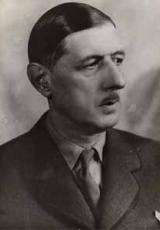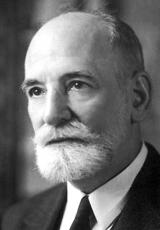The institutions of Combatant France
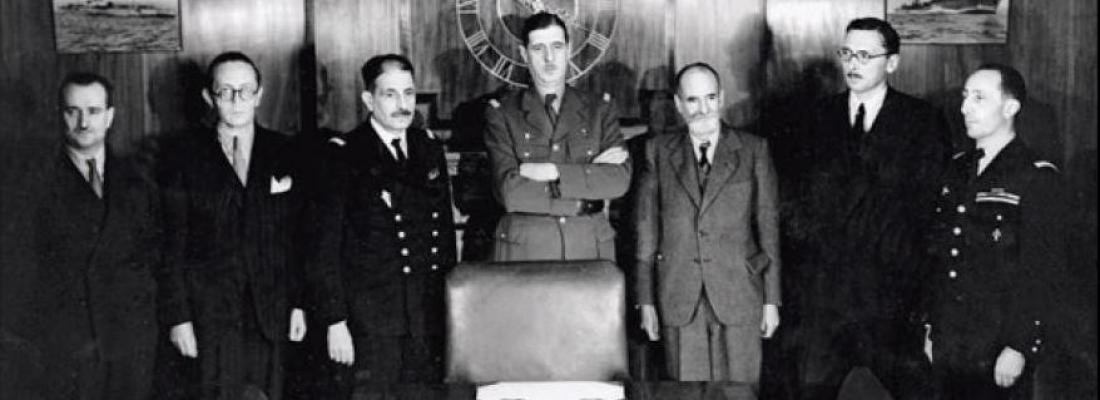
On 24 September 1941, de Gaulle had created the French National Committee (CNF), over which he presided as leader of Free France. To put an end to the ”quarrel of the generals”, an order establishing the French Committee for National Liberation (CFLN) was signed by Giraud and de Gaulle, in Algiers. Then, on 3 November, at the Palais Carnot in Algiers, the inaugural session of the Provisional Consultative Assembly (ACP) was held. As its name suggests, the ACP was neither legislative nor sovereign, and the CFLN was under no obligation to consult it except with regard to financial matters (budget, loans). Nearly half its members were representatives of the internal Resistance, and the majority were left-leaning, like its president, Félix Gouin, a member of the French Section of the Workers' International (SFIO). Meeting 64 times, the Assembly was intended as a forum for genuine debate about the major political, economic and social reforms to be carried out after liberation, with emphasis on the need to build a true social democracy. It was the ACP, for instance, which in July 1943 adopted the principle of granting women the right to vote, from the very first postwar elections. On 21 April 1944, General de Gaulle signed the order giving women the same political rights as men, he who on 24 April 1942, in his ”Declaration to the Resistance Movements”, had stated that ”once the enemy has been driven from our territory, all our men and women shall elect the National Assembly that will decide sovereignly on the country's destiny”.
On 15 May 1944, sensing the imminence of the landings, the ACP pronounced itself unanimously in favour of establishing a government capable of governing the liberated territories. On 3 June 1944, the CFLN became the Provisional Government of the French Republic (GPRF). Presided over by Charles de Gaulle, the GPRF intended to ensure national sovereignty was respected on metropolitan French soil, at a time when America's President Roosevelt was not ruling out the possibility of placing France under the control of an Allied government (AMGOT) until representative elections were held.
The establishment of the GPRF presupposed the restoration of the Republican State in metropolitan France and the recognition, by the Allies, of the legitimacy of the government of Combatant France. While the idea of an Allied government was abandoned once and for all in mid-July 1944, it was not until 23 October that the Allies finally recognised the legitimacy of the GPRF. In the meantime, the Order of 9 August declared all laws and regulations passed after 16 June 1940 to be null and void. It also set out the framework for restoring the Republican rule of law, stating in Article 1: ”The form of government in France is and shall remain the Republic. The latter has never ceased to exist in law.” On 3 September 1944, the first cabinet meeting was held in Paris. On 9 September, the GPRF was reorganised, uniting the traditional political forces with the various elements of the Resistance, in a ”government of national unanimity”.
The provisional government managed to restore the Republican rule of law in the liberated territories, relying on commissaires de la République (government representatives) to implement its actions. At the same time as eliminating any risk of civil war, the GPRF also ensured a French military presence alongside the Allies in the Battle of Normandy and in the final victory over Nazi Germany. It could now turn its attention to restoring democracy in its traditional form, and to the challenges of reconstruction.
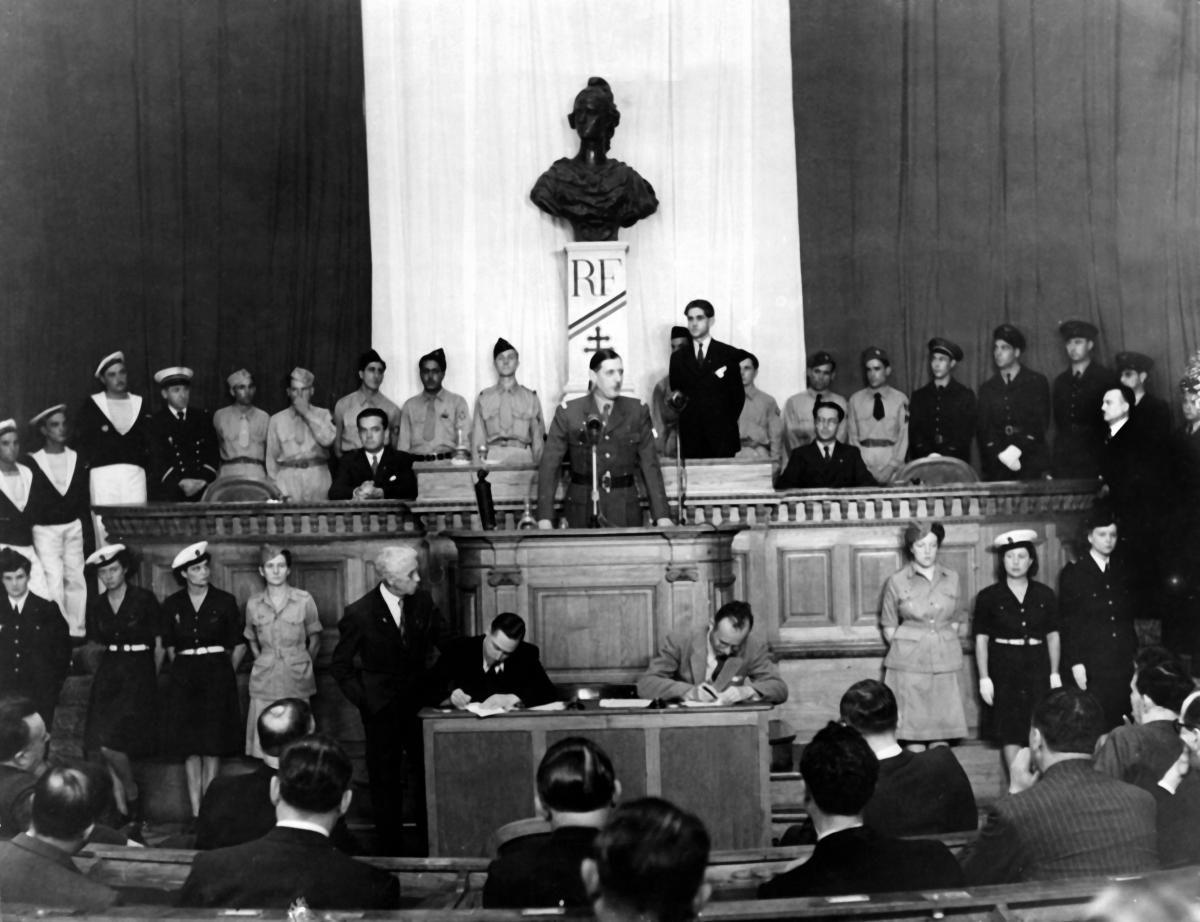
Séance inaugurale de l?Assemblée consultative provisoire (3 novembre 1943). Charles De Gaulle prononce son discours sous le buste de Mariannne et le sigle RF de la République française. Copyright Musée de la Résistance nationale à Champigny-sur-Marne).
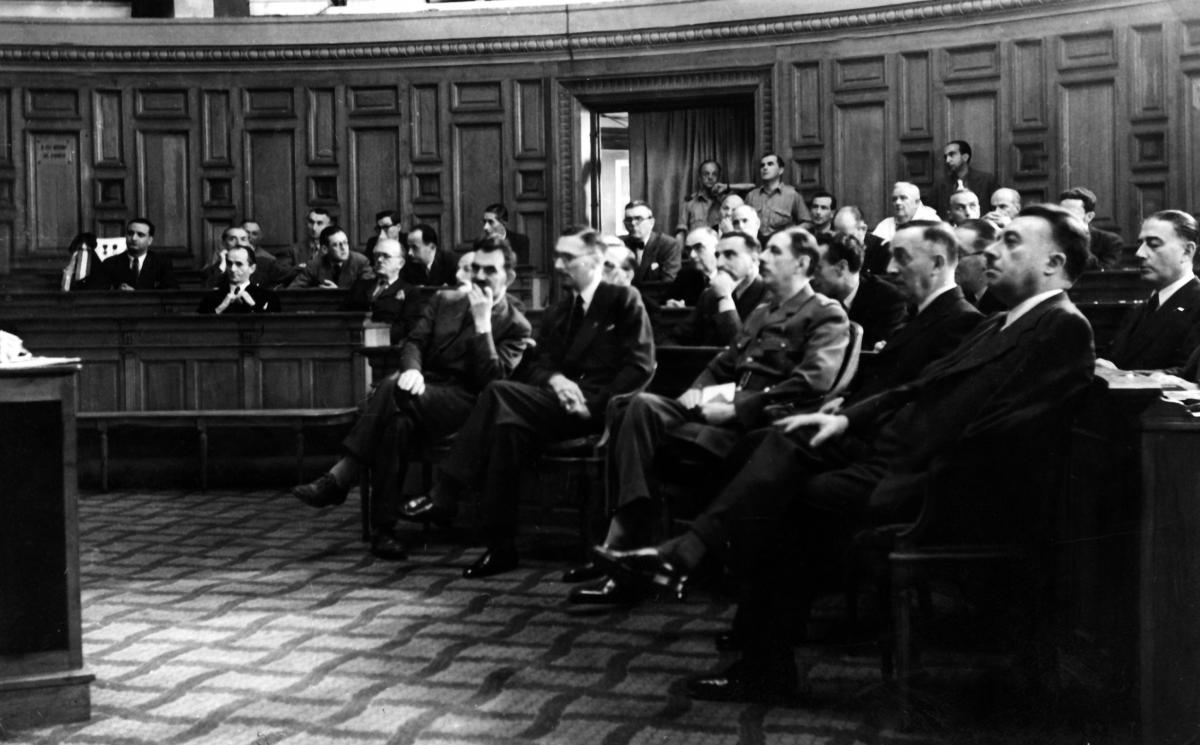
À l'Assemblée consultative provisoire d'Alger, commémoration du quatrième anniversaire de l'appel du 18 juin. Le général de Gaulle écoute l'allocution du président de l'Assemblée, Félix Gouin. Copyright collection particulière


